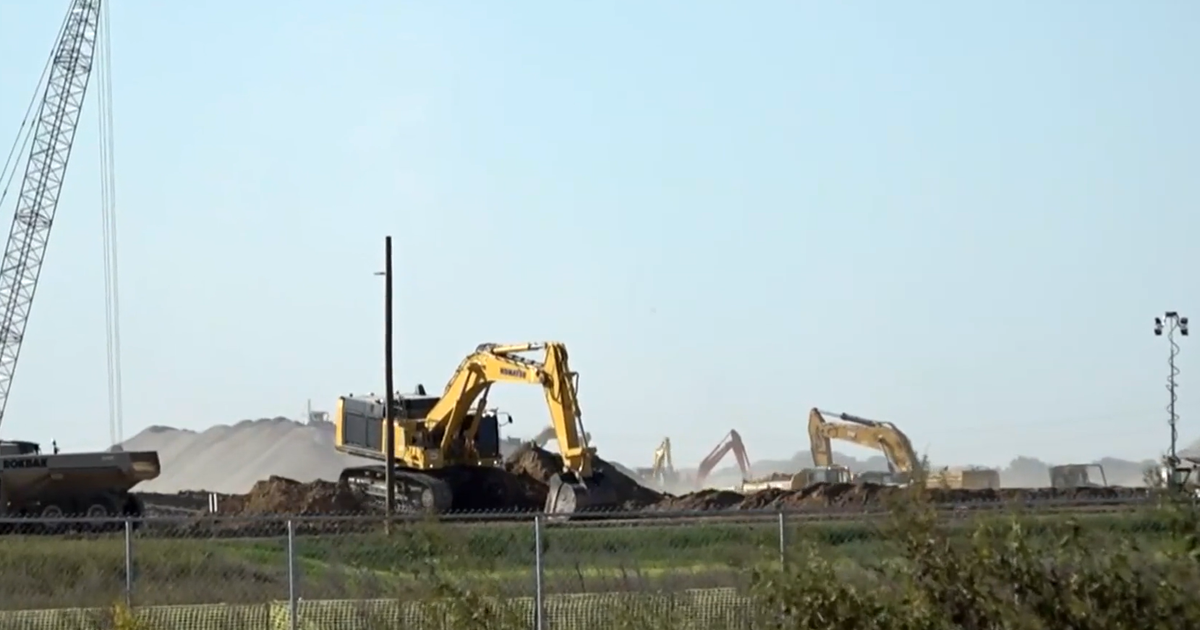Introduction to the Issue
Lisa Hopkins bought her home in Richland Parish, Louisiana, two years ago, but lately, her family has found peace and quiet on their porch only at night after construction stopped for the day. The reason behind this disturbance is the construction of Meta’s largest artificial intelligence data center in the country, which is being built across the street from her home.
The Construction and Its Impact
The construction has been causing noise pollution, making it hard for the family to enjoy their home. "It’s always noise, all the time," Hopkins said, adding, "We honestly didn’t know what the extent of it would be… Some mornings it’s hard to get out of our driveway just because of all the dump trucks." The $10 billion project was approved by Louisiana in August, with the promise of bringing economic growth to the area.
Economic Concerns
However, some experts believe that the center’s energy needs will increase customers’ electricity bills nationwide. The state’s main utility, Entergy, agreed to pay for a $550 million transmission line to the center, and these costs will be passed on to the 1.1 million customers under the Entergy Louisiana umbrella. This is a concern for the community, where almost a quarter of the population lives in poverty.
Energy Consumption and Costs
The data center is expected to span an area the size of about 70 football fields and use about three times as much electricity as the entire city of New Orleans annually. This increased energy consumption will not only affect the local community but also have a broader impact on the environment. The Hopkins family has already seen an increase in their utility bills, with fuel costs rising by about $13 per month compared to last year.
Nationwide Implications
The construction boom in new data centers is not unique to Louisiana, and other communities are already feeling the effects. Customers in at least 13 states are seeing higher electricity bills due to new data centers. This has raised concerns about the need for state regulators to step in and protect consumers, ensuring that tech companies and utilities pay their fair share for this development.
Response from Meta and Entergy
Meta’s head of community development in North America, Katie Comer, said that the company is working with Entergy to reduce the impact on customers. Meta has invested $1 million into Entergy’s bill payment assistance program to support low-income families. Comer also stated that Meta is investing $200 million in local infrastructure projects and working with local school programs to support the long-term development of the community.
Community Concerns
Despite these efforts, some residents remain skeptical. Donna Collins, who has lived in the area all her life, hopes that the promises of lower electric bills will come true, but she needs to see it to believe it. Collins and other residents feel that state and Meta support for local input is lacking, and they were not adequately informed about the project’s impact. Hopkins never received notices of public hearings in the mail, and she feels that it’s not fair that the community was not given a say in the matter.

